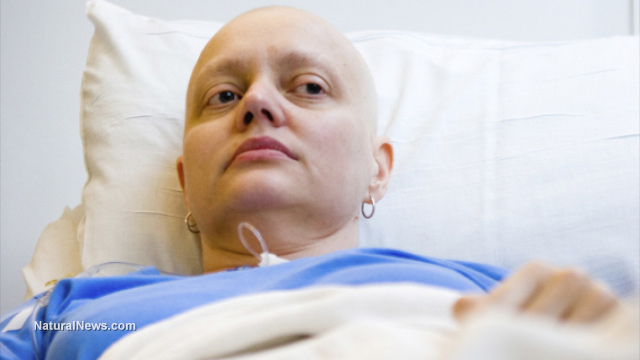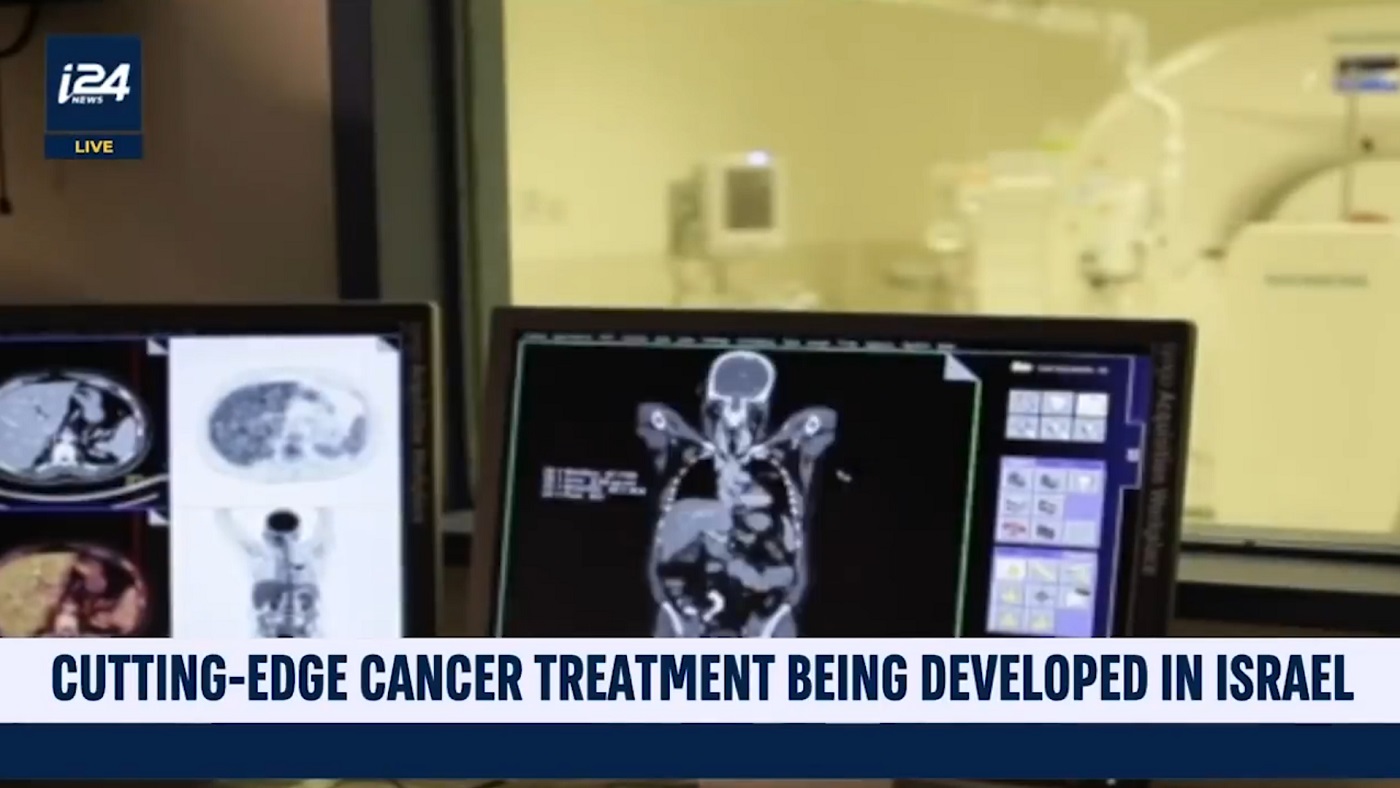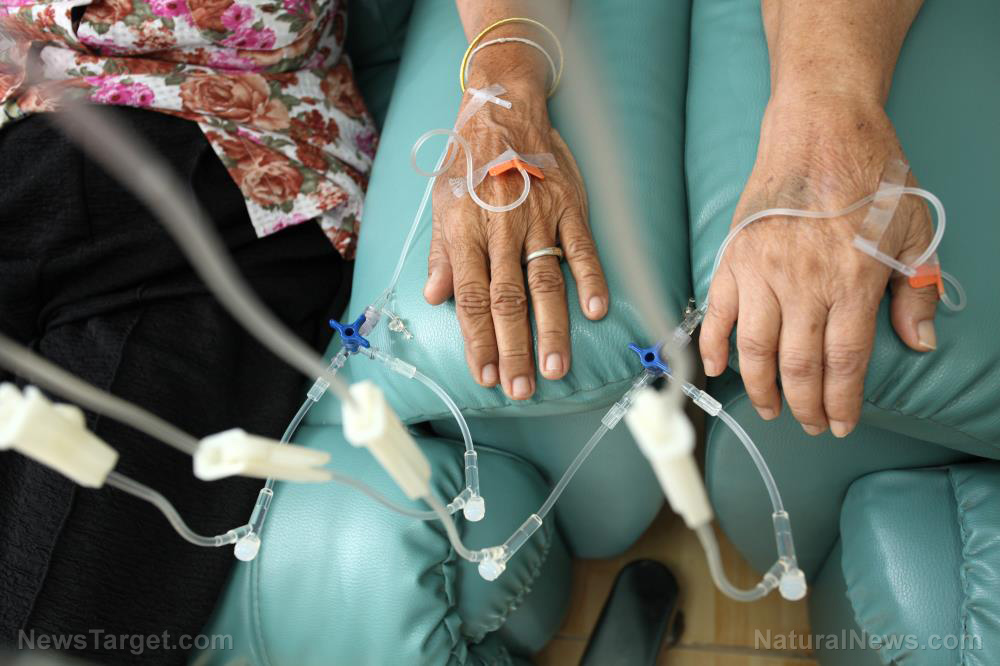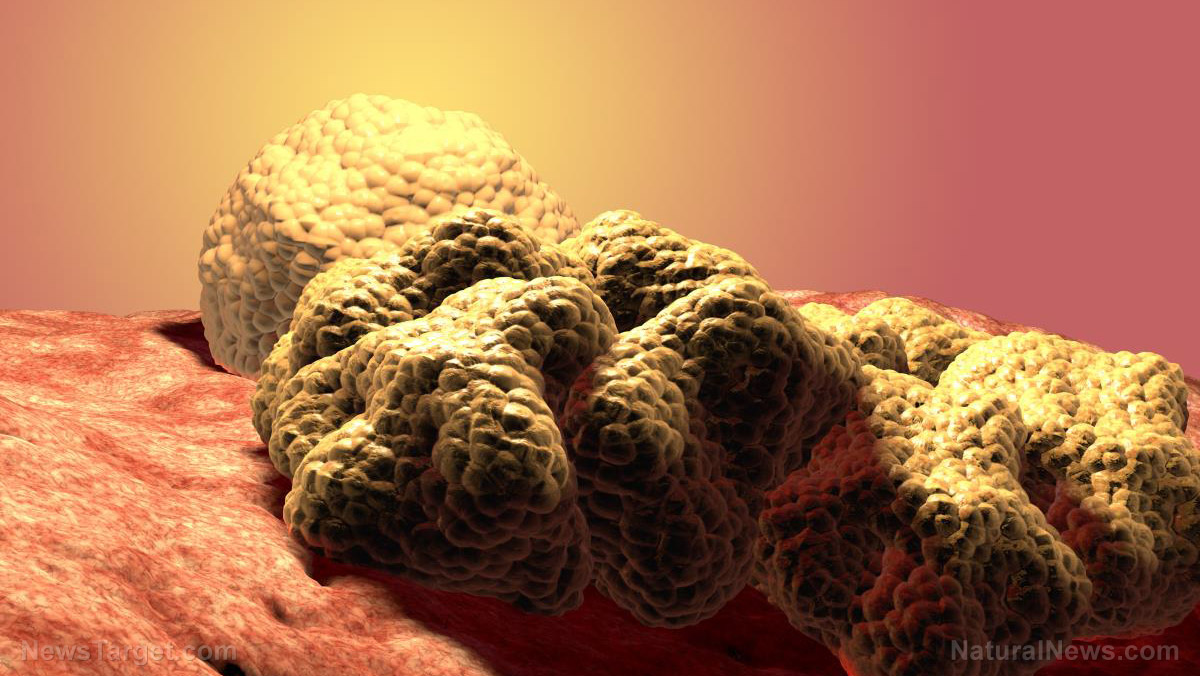Study suggests spices outperform chemo and radiation for treating cancer
03/01/2019 / By Amy Goodrich
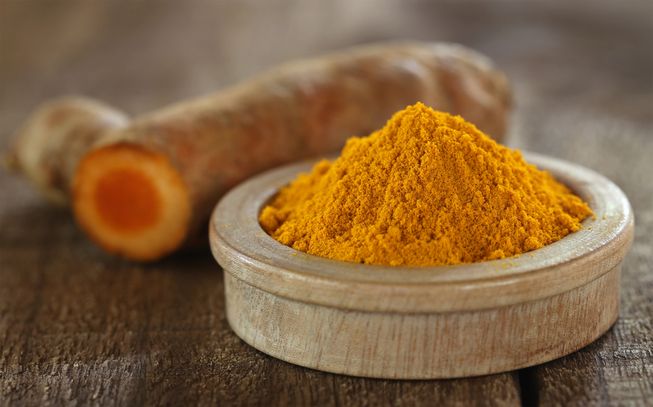
Turmeric is an ancient spice commonly used in Indian cuisine. Aside from giving curries extra flavor and color, this humble yellow-orange root is rapidly becoming a new health wonder. It has been used for thousands of years in Ayurvedic and Chinese medicine, but in the past few decades word of its powerful medicinal benefits has reached the Western world as well.
In fact, turmeric now tops the list as one of the most frequently researched medicinal herbs. Its therapeutic use has been proven to be safe and effective in the treatment of various conditions and with no adverse side effects. Curcumin, turmeric’s active compound, gives the spice its bright yellow color and is responsible for most of its health-promoting effects.
Multiple studies found evidence of curcumin’s potential to treat or prevent a host of human diseases, including obesity, diabetes, cardiovascular diseases, neurological issues, cancer, and other chronic, inflammatory diseases. According to Green Med Info, turmeric’s ability to prevent and treat medical conditions has been linked to over 800 different diseases. Now, one of the deadliest forms of brain cancer, glioblastoma, can be added to that list.
Glioblastoma is an aggressive, fast-growing form of brain cancer which is usually treated with chemotherapy, surgery, and radiation. These overpriced conventional treatments, however, have shown little to no effect in keeping cancer away. In contrary, they may be making it worse.
Turmeric beats traditional treatments for lethal brain cancer
In some patients, cancer has the ability to develop resistance to conventional therapies through the production of radioresistant and chemoresistant cancer stem cells. Knowing that glioblastoma tumors are packed with glioma stem cells, it is no surprise these treatments have shown little success.
In truth, chemo- and radiotherapy can boost cancer stem cell production and accelerate a patients’ death. Where chemo- and radiotherapy treatments fail, turmeric was able to keep up its cancer-fighting effects. Hence why turmeric extracts may beat the conventional therapies in the treatment of one of the most lethal forms of brain cancer.
People diagnosed with glioblastoma rarely survive longer than two years. Two recently published studies, however, offer hope. They provide some fascinating insights on how turmeric or curcumin can help fight the disease.
One research team analyzed a total of 19 test tube and five animal studies regarding the effects of turmeric extracts and their ability to fight or prevent glioblastoma. They concluded that curcumin could inhibit cancer cell growth and induce cell death in certain subpopulations of glioblastoma tumors, making it an attractive therapeutic agent which should be considered as a potent anticancer treatment, the researcher said.
Though the study had its limitations and further research will be needed to address bioavailability issues in humans and find the ideal dose, another study, published in the journal Nutrition and Cancer, discovered that it is possible to get a bioactive dose of curcumin into human glioblastoma cancer cells via oral delivery methods.
Four days before a surgical procedure to remove brain tumors, human volunteers were administered 70 milligrams of a curcuminoid combination three times a day. During surgery tumor and blood samples were collected and analyzed for curcuminoid concentrations. The researchers found detectable levels of curcuminoids in the tumors, which made them jump to the conclusion that oral treatments may alter the tumor’s energy metabolism.
While many other studies have shown curcumin’s potential to kill cancer cells and prevent more from growing without causing side effects, curcumin extracts are still not being used in cancer therapy. Though the evidence is clear, big pharmaceutical corporations are not interested in natural substances that don’t have the potential for huge profits. Chemotherapy drugs bring in a lot of money. And that’s the only thing that matters to them.
Stay informed about cancer treatments at Cancer.news.
Sources include:
Tagged Under:









